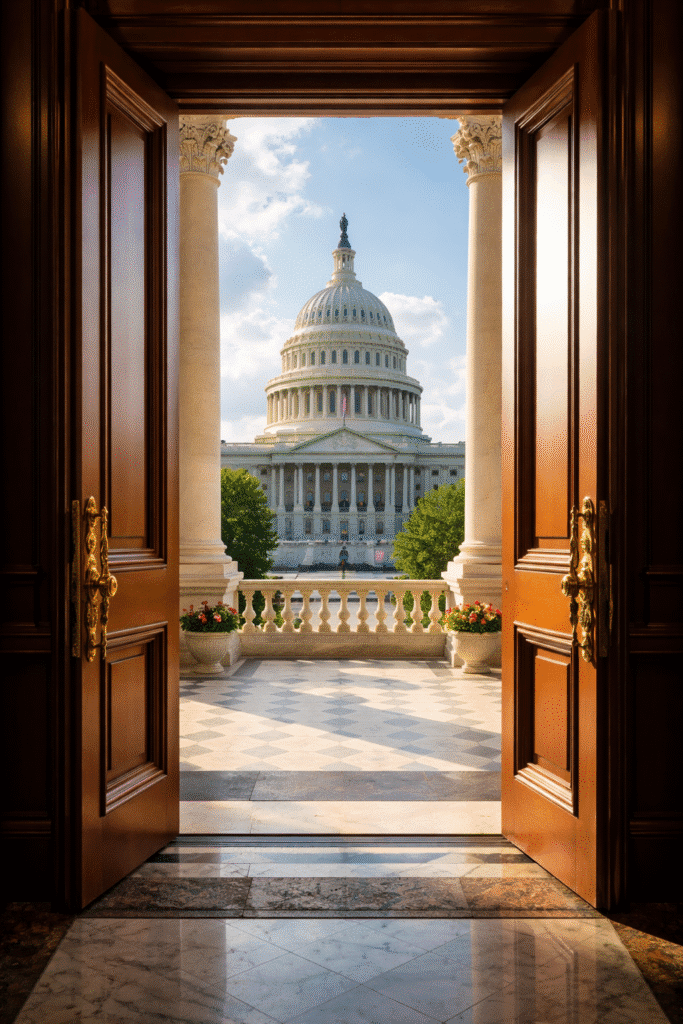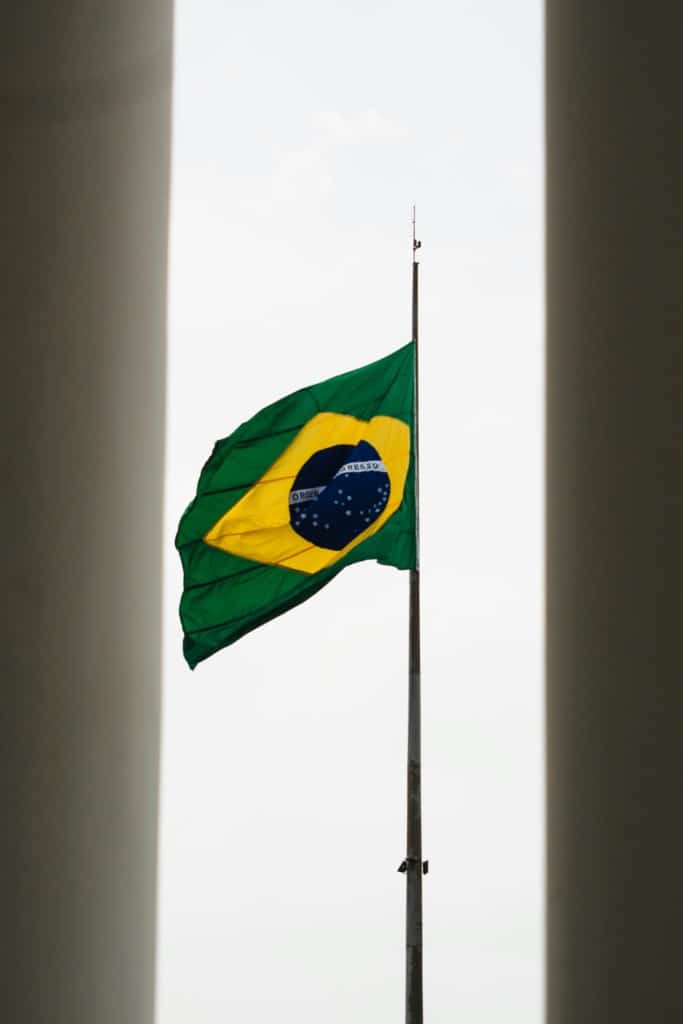Product Use Restrictions as a Bar to Personal Jurisdiction
Exploding lithium battery cases against Samsung SDI Company, a South Korean defendant, have raised interesting personal jurisdiction issues. Litigants have not always done a good job of advancing the strongest factual and legal arguments, as a recent decision from the Fifth Circuit, Ethridge v. Samsung, makes clear. The cases, including B.D. by & through Myers…
Continue ReadingThe Many Uses of the Choice-of-Law Clause
In prior posts, I have written about the things that a forum selection clause can and cannot do. In this post, I do the same for choice-of-law clauses. Among other things, a choice-of-law clause may be invoked to: Select a law to govern the contract and claims related to the contract; Provide support for the…
Continue ReadingLegislative Control of Personal Jurisdiction—An Opening Door
As every first-year law student learns in Civil Procedure, the Supreme Court constitutionalized the law of personal jurisdiction in Pennoyer v. Neff (1878), holding that the Due Process Clause of the Fourteenth Amendment limits the jurisdiction that state courts may exercise. Legislatures still have roles to play. States enact long-arm statutes to reach non-resident defendants,…
Continue ReadingA Narrow Interpretation of the FSIA’s Expropriation Exception
Introduction Three generations of the Herzog family have sought to recover some $100 million in artwork stolen by Hungarian government officials and Nazi collaborators during and following World War II. The looted works included pieces by the renowned artists El Greco, Renoir, and Monet. To the family’s disappointment, the Court of Appeals for the D.C….
Continue Reading“Waiving” the Hague Service Convention
Complying with the Hague Service Convention (HSC) is admittedly not always easy, quick, or even feasible. Not surprisingly, then, parties may want to work around the HSC through contractual language. John Coyle, Robin Effron, and I have previously explained how private parties can—and cannot—contract around the HSC. Unfortunately, the District of New Jersey (Judge Julian…
Continue ReadingNew Article on the Determination and Treatment of Foreign Law in U.S. Courts
Professor Chris Whytock, who is an Associate Reporter for the ALI’s Restatement (Third) of Conflict of Laws, has just posted an article on SSRN outlining the Restatement’s approach to determining the content and meaning of foreign law. As he notes, this is a perennial challenge in transnational as well as multistate litigation. Like choice-of-law rules,…
Continue ReadingChinese Judgments Go Global: Emerging Systemic Challenges and Confidence Deficit
Over the past decade, many jurisdictions have witnessed a marked increase in cases involving the cross-border recognition and enforcement of judgments. This trend reflects the practical need to recover debts across borders and to prevent evasive debtors from hiding assets abroad. China is rapidly catching up with the international community in this domain, with a…
Continue ReadingForum Selection Clauses and Subject-Matter Jurisdiction
The forum selection clause is the Swiss Army Knife of transnational litigation. It may be used to obtain personal jurisdiction over a defendant who otherwise lacks any connection to the chosen jurisdiction. It may supply a reason for dismissing a case filed in a jurisdiction other than the one named in the clause. It may be deployed to…
Continue ReadingEnforcing U.S. Judgments Against “Foreign” Assets of Foreign Sovereigns: a Rejoinder
On June 30, 2025, in Petersen Energia Inversora, S.A.U. v. Argentine Republic, a federal district court in New York ordered the Republic of Argentina to “(i) transfer its Class D shares of YPF to a global custody account at BNYM in New York within 14 days from the date of this order; and (ii) instruct…
Continue ReadingNinth Circuit Validates a Theory of Extraterritorial Antitrust Regulation in Global Price-Fixing Case
It is not easy for the foreign victims of global price-fixing schemes to assert viable claims under U.S. antitrust law, even when the conspiracy in question also affects U.S. markets. In a recent case, though, the Ninth Circuit vacated an order of summary judgment against the foreign purchasers of price-fixed goods, concluding that they had…
Continue Reading







